In world’s first, France introduced a law that requires producers of certain electronic devices, including smartphones and laptops, to indicate to consumers how easily repairable the products are. The new law aims to extend the life cycle of electronic products, combatting obsolescence – intentional creation of products that need to be replaced frequently.
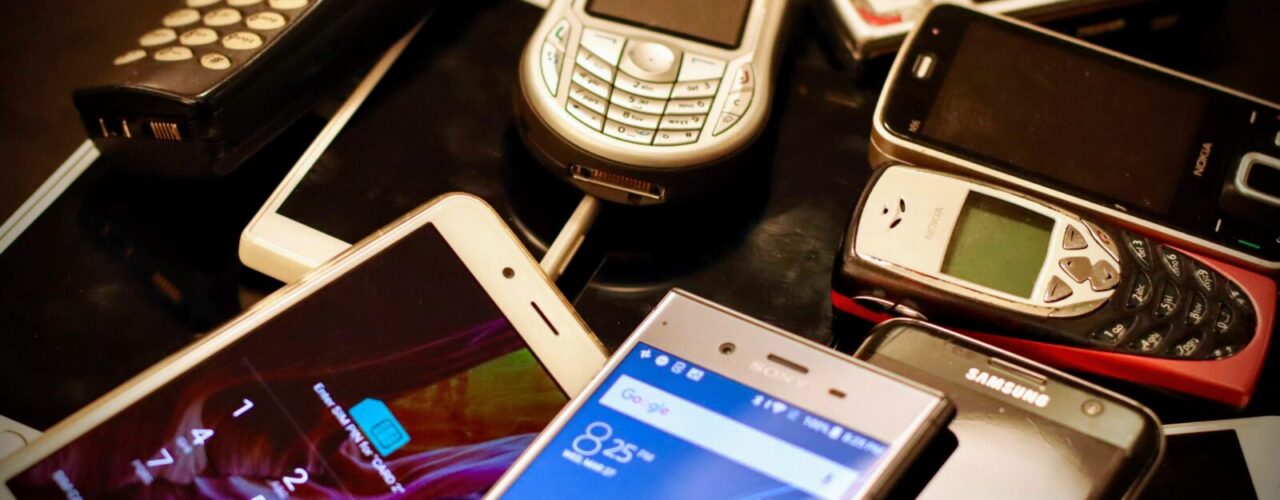
So what?
From creating a great precedent to be replicated by others, through enabling consumers to make better, more sustainable choices, the new index has plenty of global implications. Most importantly, it should be helpful in incentivising manufacturers to up their game in delivering products that can be repaired, resetting rules of a throwaway culture towards circular economy.


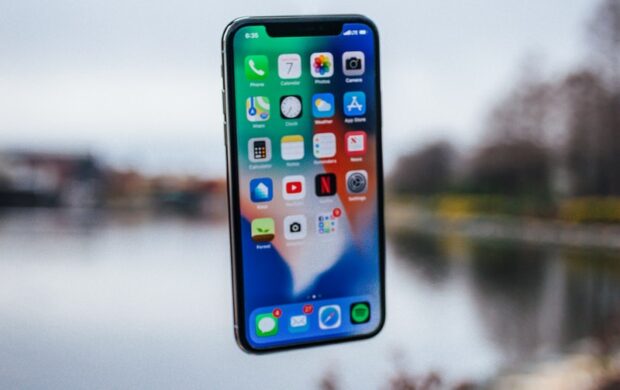
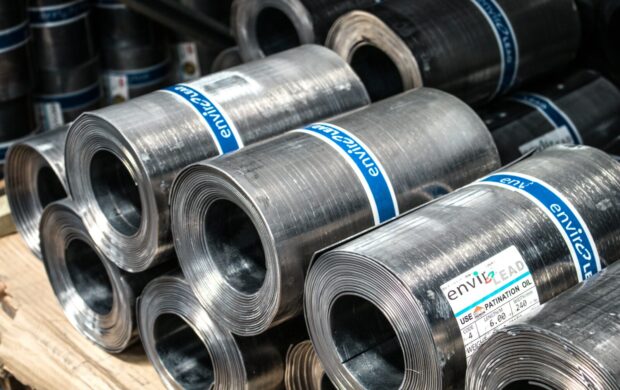






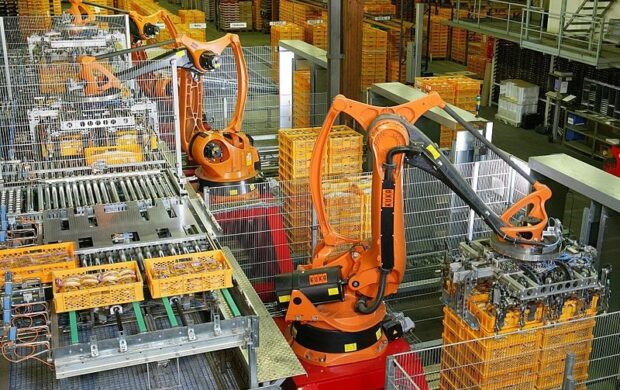
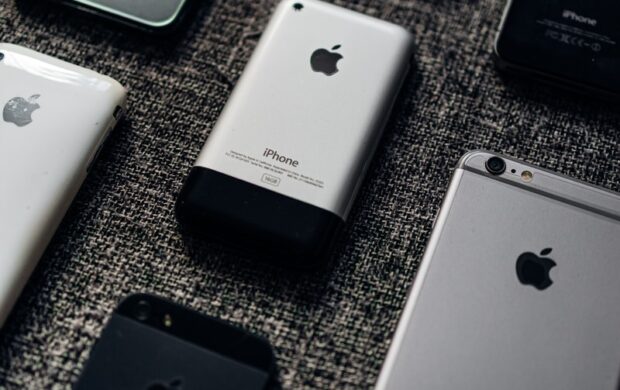



Join discussion